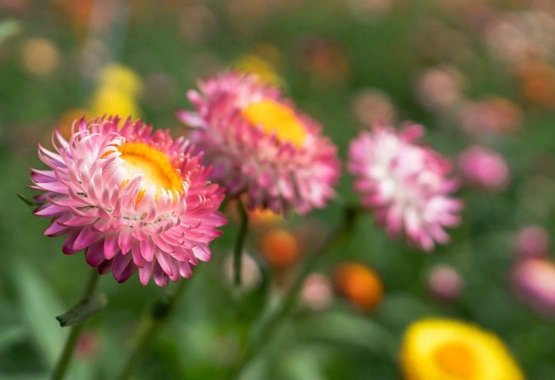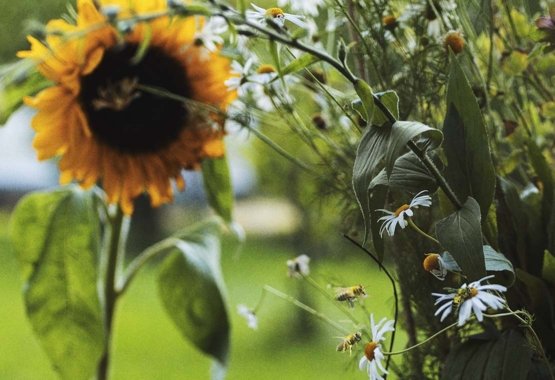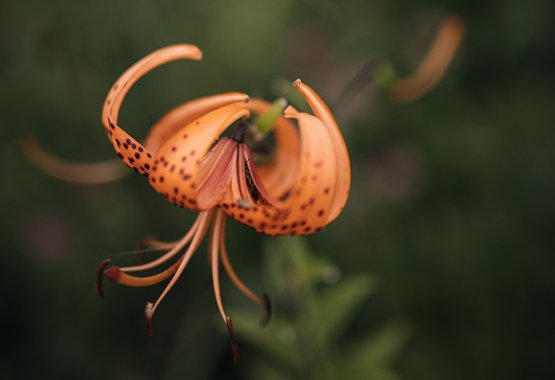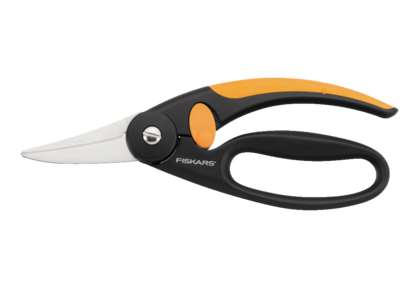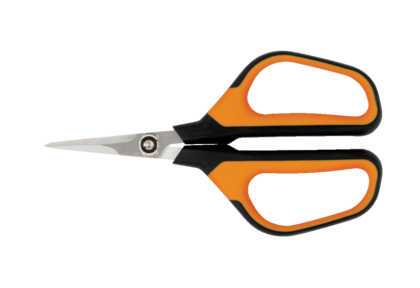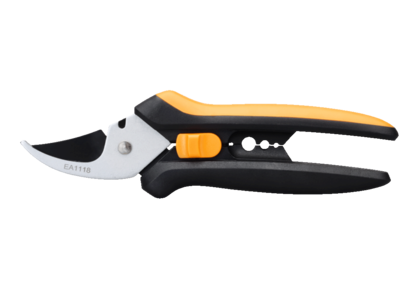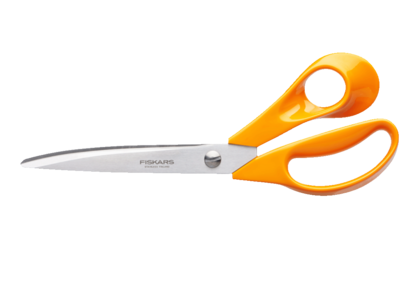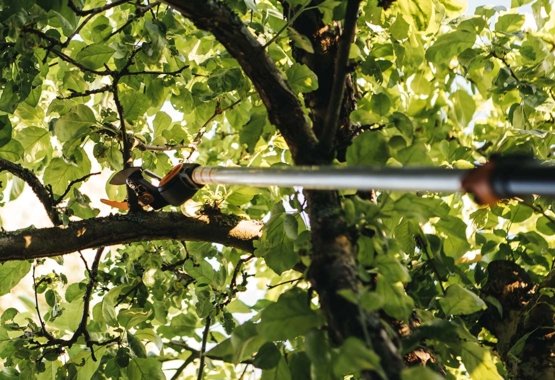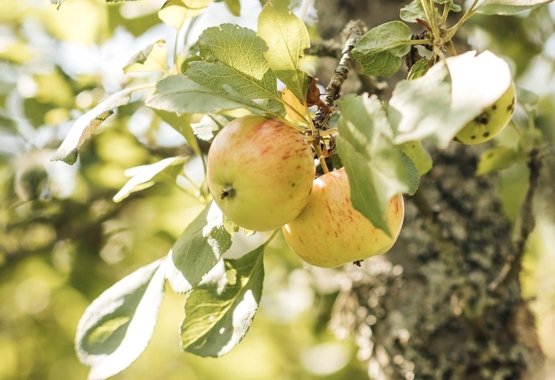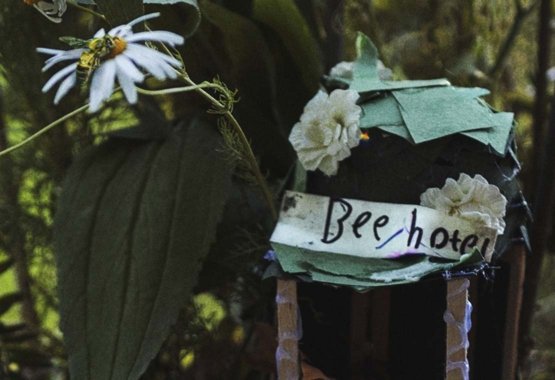
Cutting herbs and flowers
Flowers and herbs should be collected in dry weather. The best time is usually early or late in the morning, depending on the variety.
Cutting herbs and flowers
Flowers and herbs should be collected in dry weather. The best time is usually early or late in the morning, depending on the variety.
How to cut and when to pick herbs?
Herbs should be collected in the morning when their aroma content is at its highest. Rain reduces flavors, meaning that herbs should not be collected immediately after rain. Instead, it’s advisable to wait for a few days. Dead and dry plant parts should be removed to improve new growth.
When to pick wild herbs
For wild herbs like nettles, the season for collecting begins in May. Nettle stems that have not become woody and whose leaves are soft are ideal for collecting.
The harvest can be collected from the same place throughout the summer because the plants often produce new growth to replace the parts that have been cut off.
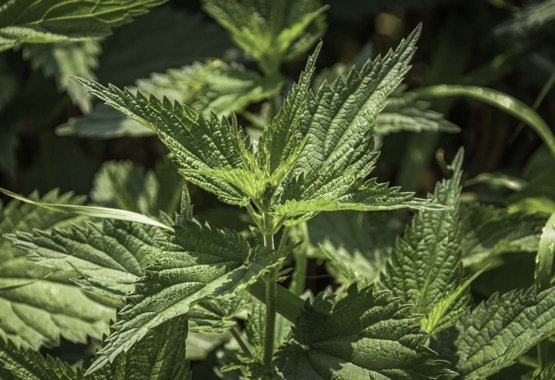
How and when to cut flowers?
Cut flowers are at their freshest in the morning when they have a good turgor level. The ideal collection time should be checked by variety. Perennials or summer flowers can be chosen as cut flowers. When choosing a variety, it’s good to select the ones that are long-lasting and don’t shed their pedals right away.
Dried flowers
Flowers to be used as dried flowers are cut later in the morning, after the dew has dried. They should not be collected in rainy weather. Flowers in the early stages of blooming are best suited to be used as dried flowers.
Ideal varieties for this purpose include strawflower, sunray, hare’s-tail and sea lavender, for example.
